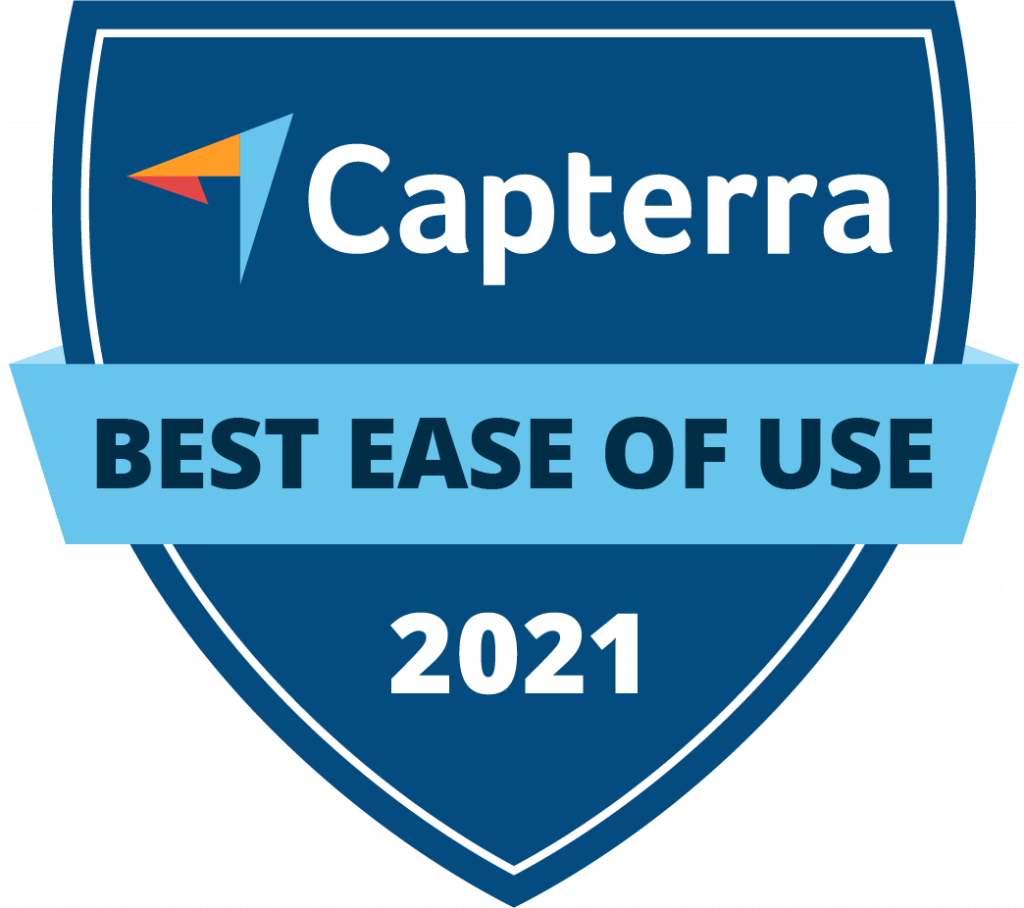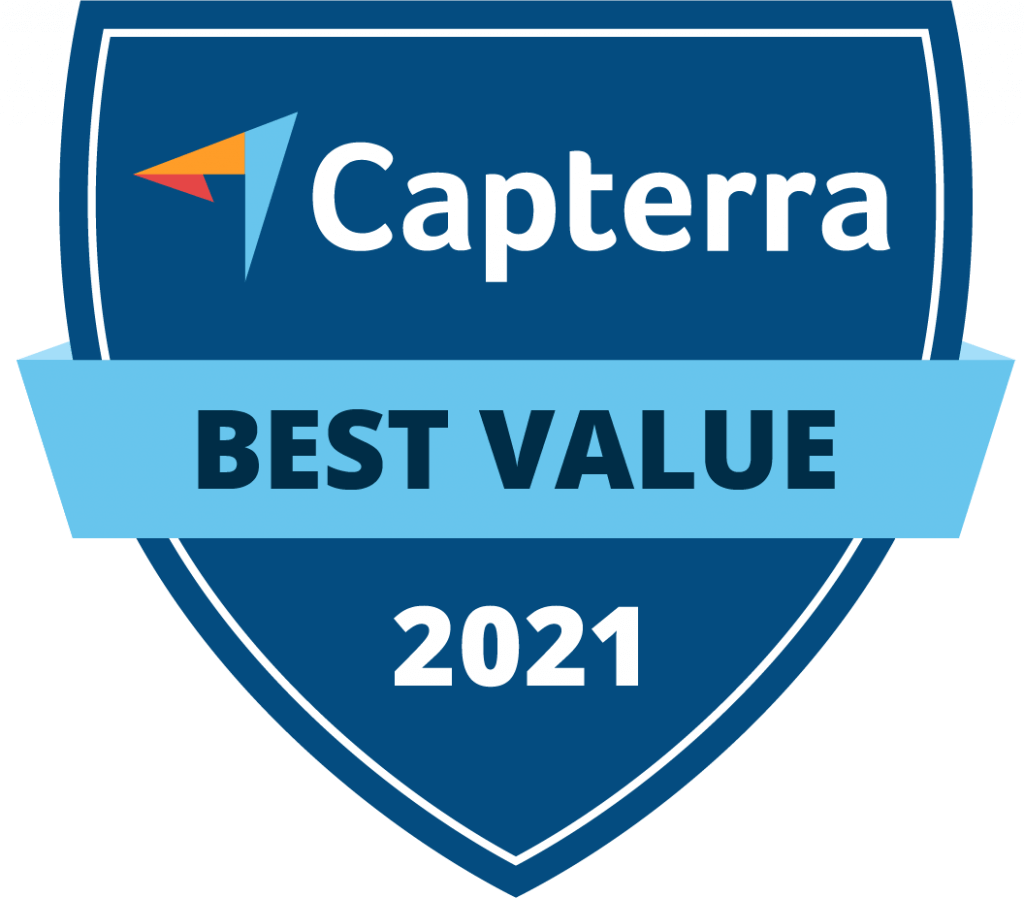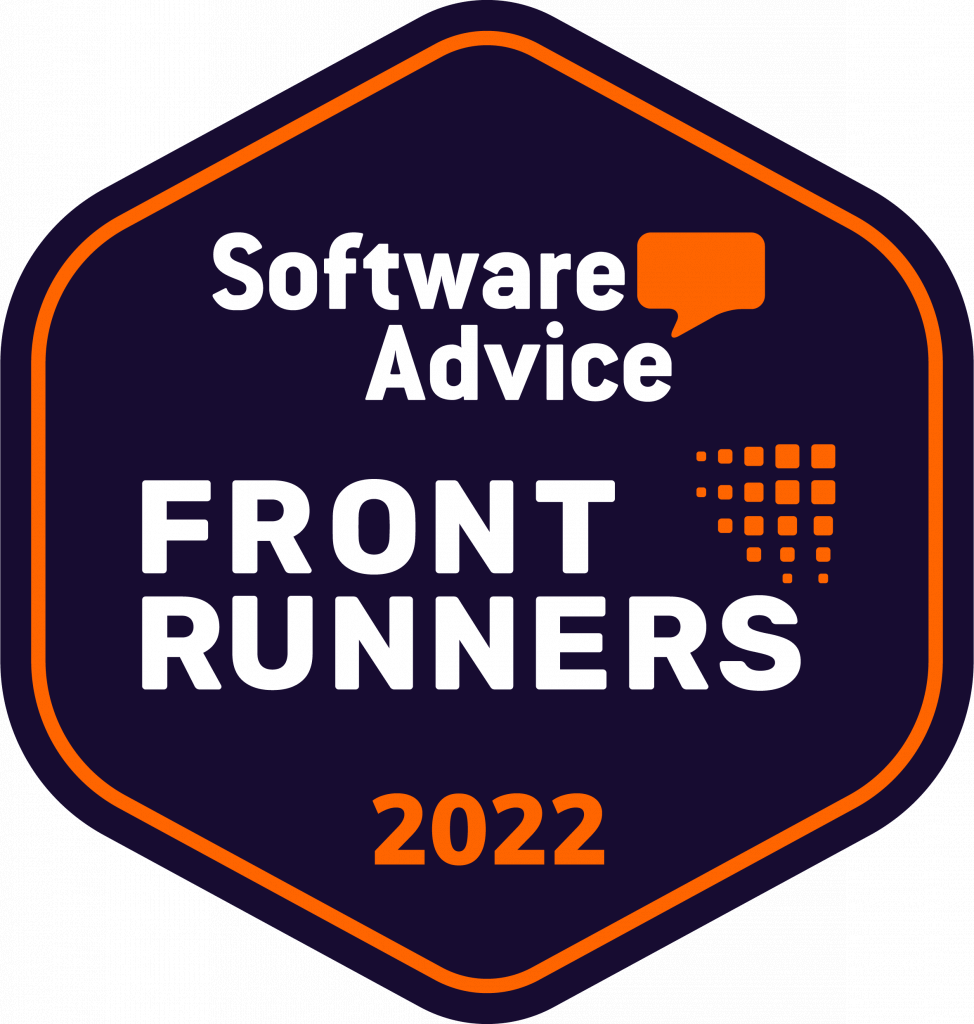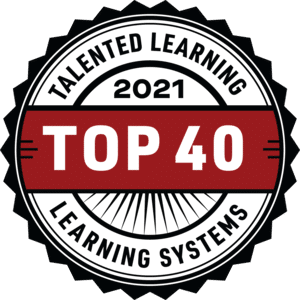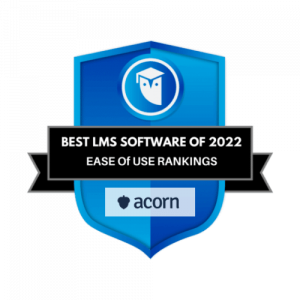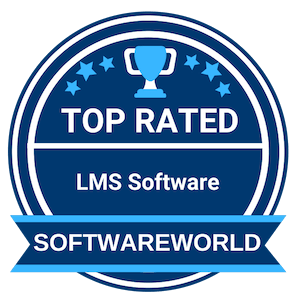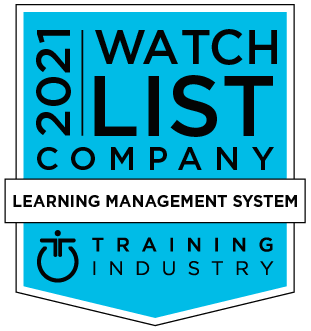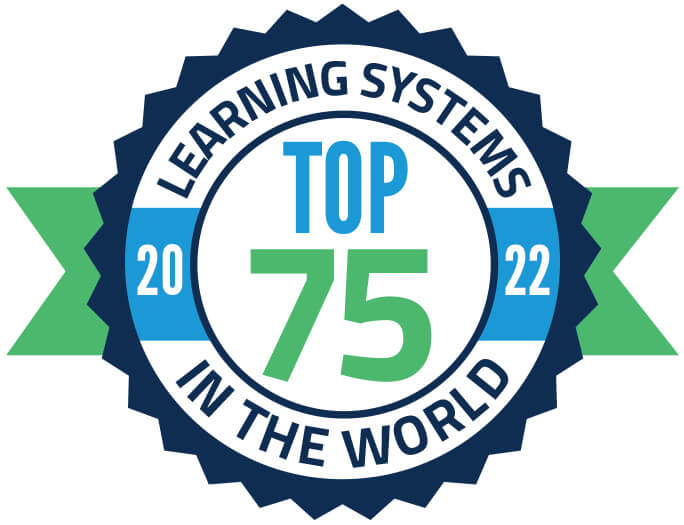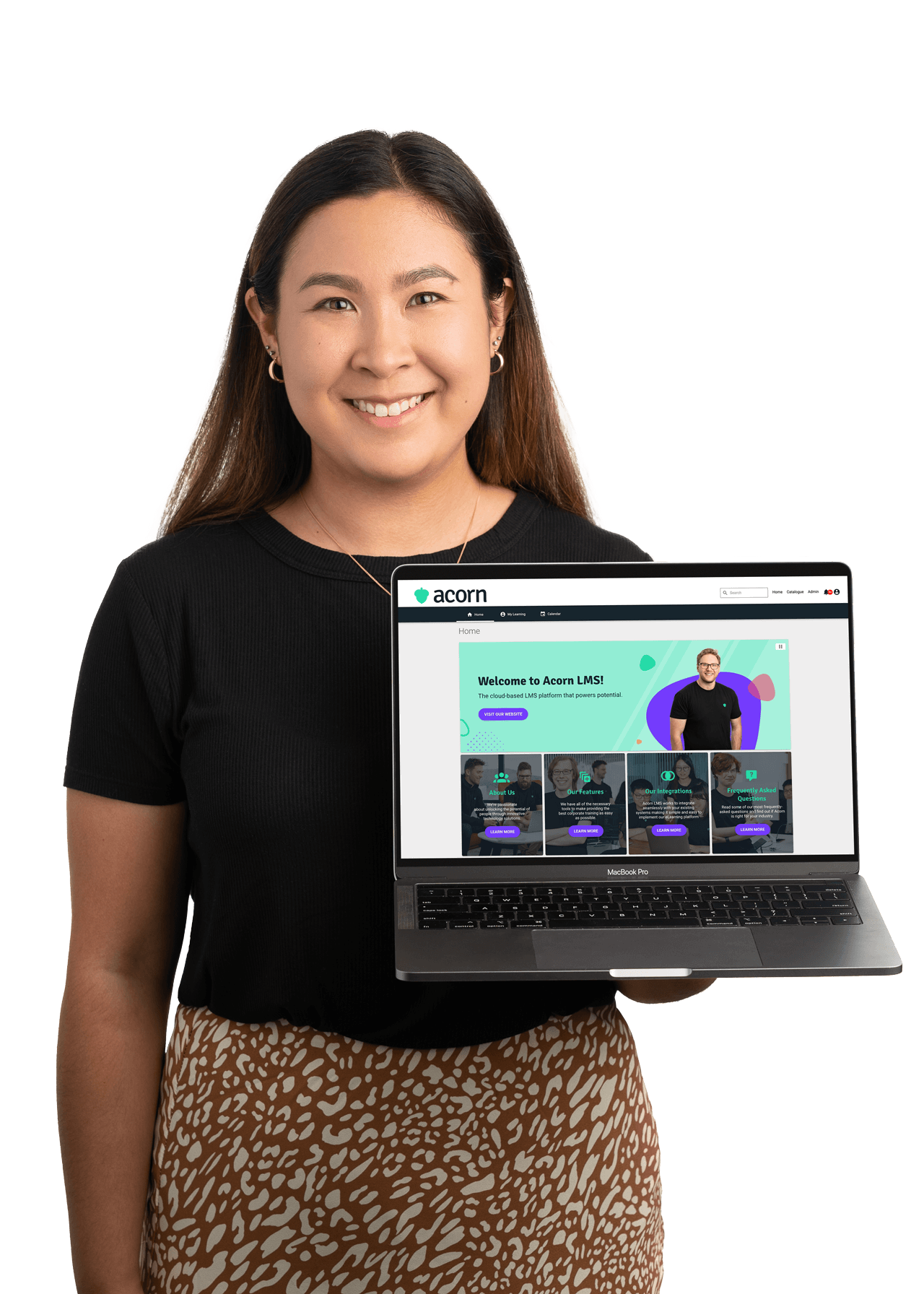
Customer Training PLMS
Driving customer loyalty, at risk client engagement and user adoption. Who knew an PLMS could do all this?
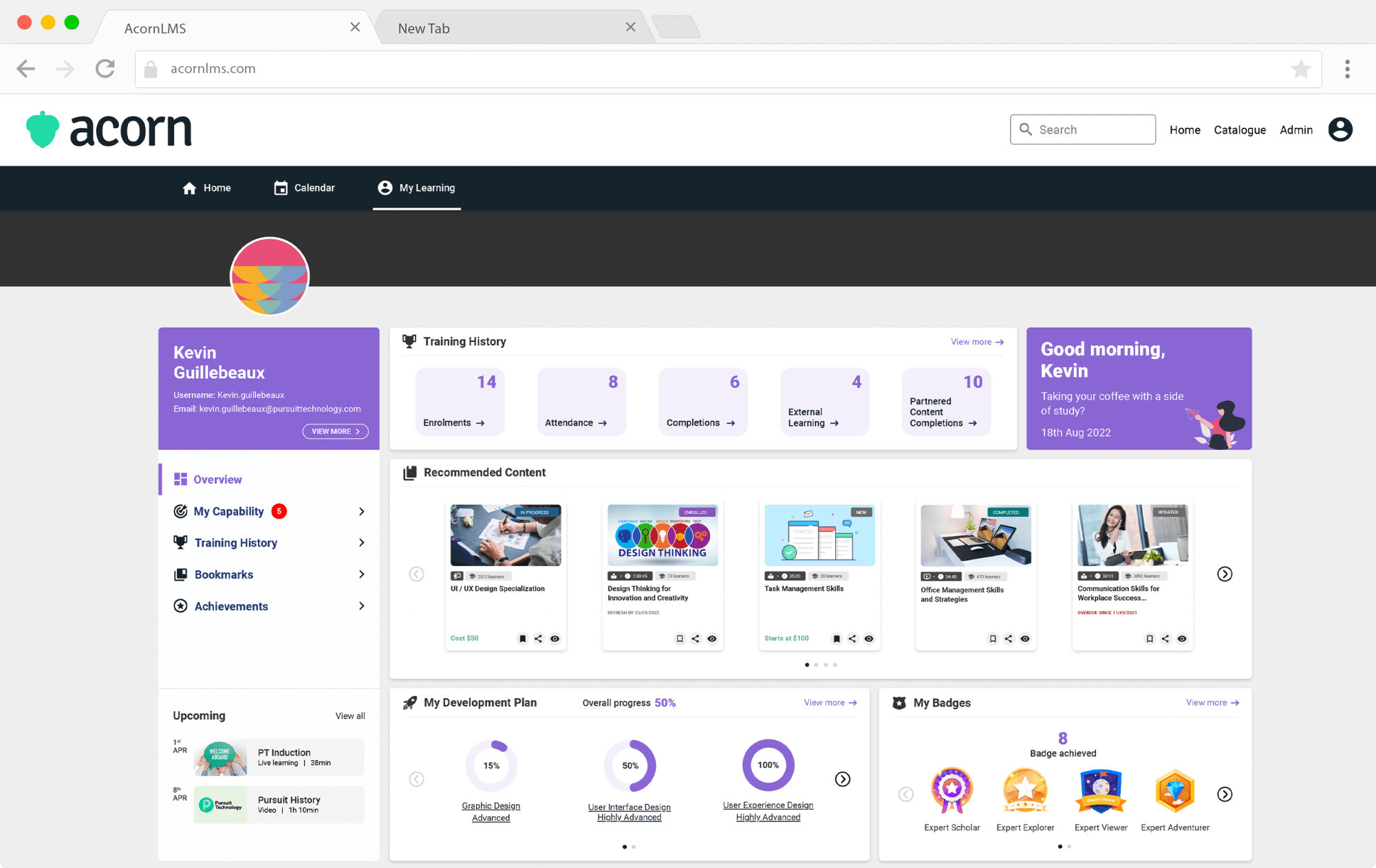
Why is Acorn the preferred PLMS for customer training?
See client lifetime value instantly head skyward.
Get to at-risk clients early and proactively defend.
Confidently grow user adoption to new levels.
Top 4 PLMS features built for
- Engaged Customers
- Gamification for the Win
- Real-time Reporting
- You’re Not Alone
Engaged Customers
Build and deliver multi-format learning for high-effectively customer experience.
Gamification for the Win
Engage and motivate customers with leading gamification to drive engagement.
Real-time Reporting
Report and analyse on engagement and ratings with easy to understand dashboards.
You’re Not Alone
We have 24/7 onshore customer support in available to all of our customers.
L&D’s painfully boring.
But it doesn’t have to be.
The industry isn’t doing anything about it, and we want to change that. Tired of the same old LMS? See what a real performance learning management system can do for you.
Start delivering exceptional eLearning now.
Customer training common questions
Acorn is an onshore, cloud-hosted service that is IRAP assessed to a protected level. Acorn is regularly penetration tested by third parties. Acorn meets ISO 27001, ISM, SOC and several other security standards.
Acorn can be installed on any domain. We just need access to the client’s desired domain, or we can acquire a domain or give them a subdomain of acornlms.
Acorn has site-wide rebranding capabilities including custom branding and colours on system-generated materials such as certificates.
Yes!
Yes, users can utilise our messaging system which is 100% within the LMS. Administrators can also send emails to certain groups, such as a Live Learning.
Yes, Acorn features a powerful quiz/testing tool with a high-level of customisability such as a range of question formats, timed releases. (Quizzes are really powerful but confusing so most people find they need extra training.)
Acorn supports SCORM v1.2 with compatibility of HTML and Tincan xAPI coming soon.
Acorn is widely compatible with different platforms such as Aurion, Xero, and LinkedIn Learning. (We can pretty much integrate with any platform that integrates with Moodle but also can use REST API and custom develop APIs for other platforms.)
Throughout our scoping process, our development team will gain an understanding of your immediate and future needs. We recognise there are processes that need to take place before the launch of your Acorn LMS, so this is where we will gather past records, completions, users and more to upload previous history into the LMS.
Acorn enables administrators to create a range of activities including quizzes, forums, feedback forms and various resources to support user engagement and learning.
- Onboarding doc
- Scoping process
- Devs implement necessary records, API’s and integrations
- Admins get access to instance to do testing
- UAT
- Launch
Yes!
